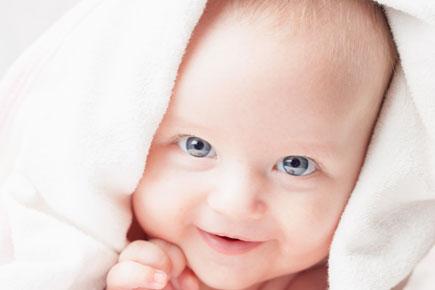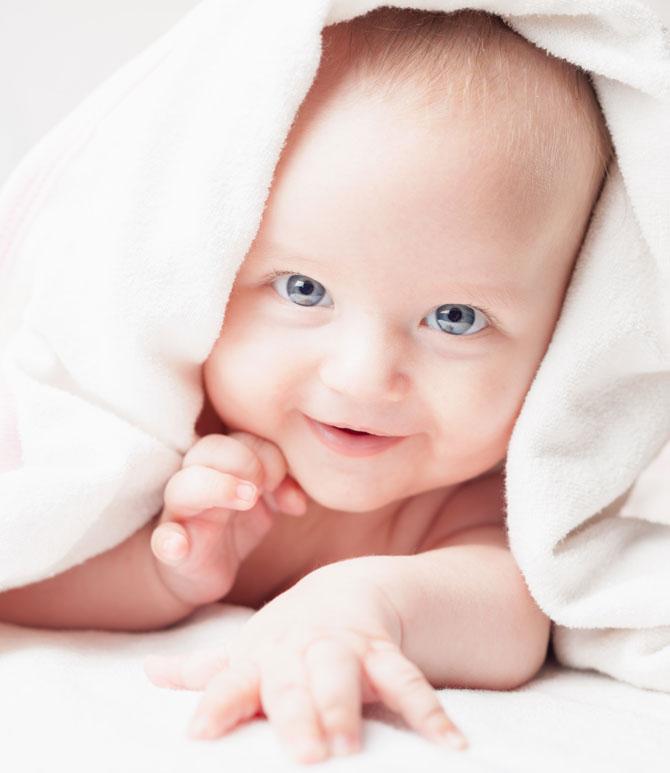Much like comedians who time their jokes to maximise audience response, babies too time their smiles with a purpose -- to make the person they interact with smile, suggests new research

Smiling baby
New York: Much like comedians who time their jokes to maximise audience response, babies too time their smiles with a purpose -- to make the person they interact with smile, suggests new research.
ADVERTISEMENT
The study combined developmental psychology, computer science and robotics.

"If you have ever interacted with babies, you suspect they are up to something when they are smiling. They are not just smiling randomly," said a study author, Javier Movellan, from the University of California, San Diego. "But proving this is difficult," Movellan noted.
Researchers used data from a previous study that observed the face to face interactions of 13 pairs of mothers and infants under the age of four months, including when and how often the mothers and babies smiled.
To find out what babies are really up to, researchers also designed a special toddler like robot to behave like the babies they studied and had the robot interact with undergraduate students.
They obtained the same results -- the robot got the undergraduates to smile as much as possible, while smiling as little as possible.
"What makes our study unique is that previous approaches to studying infant-parent interaction essentially describe patterns. But we could not say what the mother or infant is trying to obtain in the interaction," said study co-author Dan Messinger from University of Miami.
"Here we find that infants have their own goals in the interaction, even before four months of age," Messinger noted.
The findings appeared in the journal PLOS ONE.
 Subscribe today by clicking the link and stay updated with the latest news!" Click here!
Subscribe today by clicking the link and stay updated with the latest news!" Click here!






